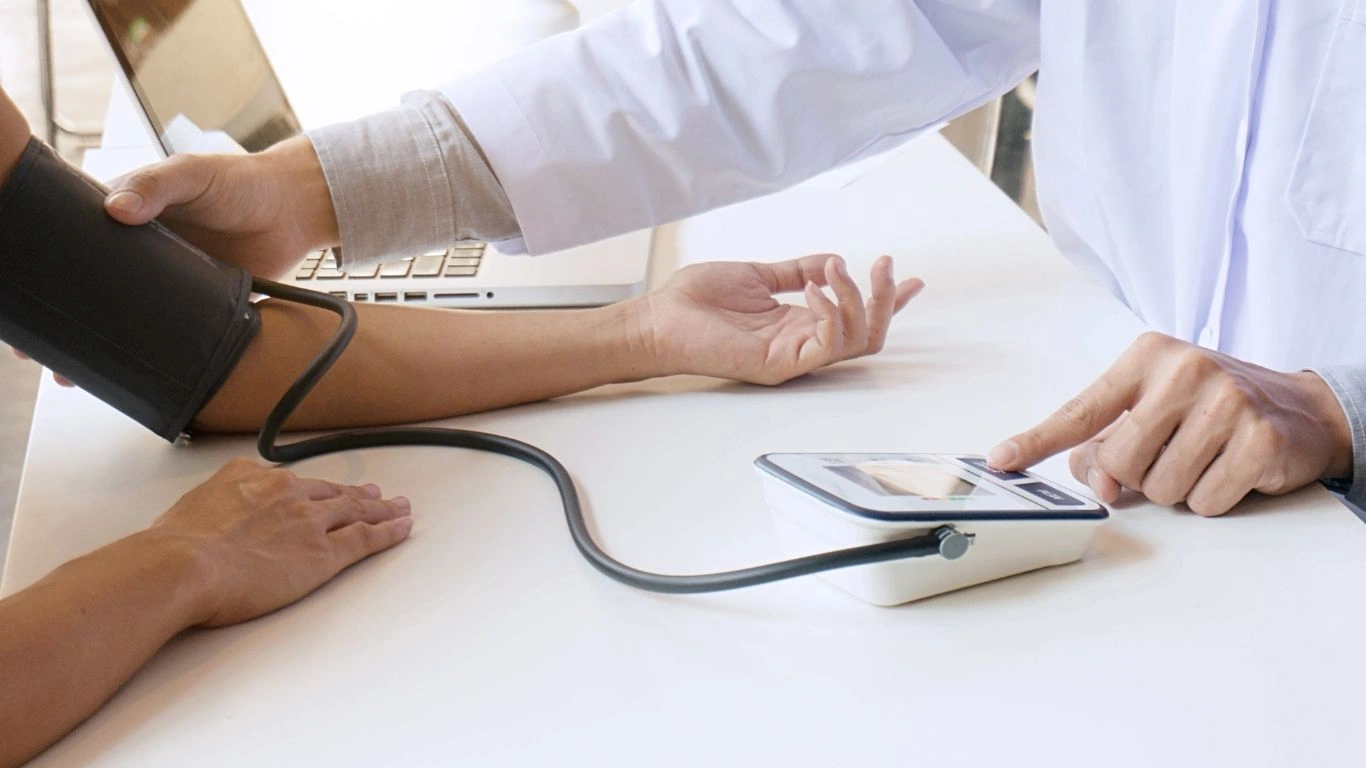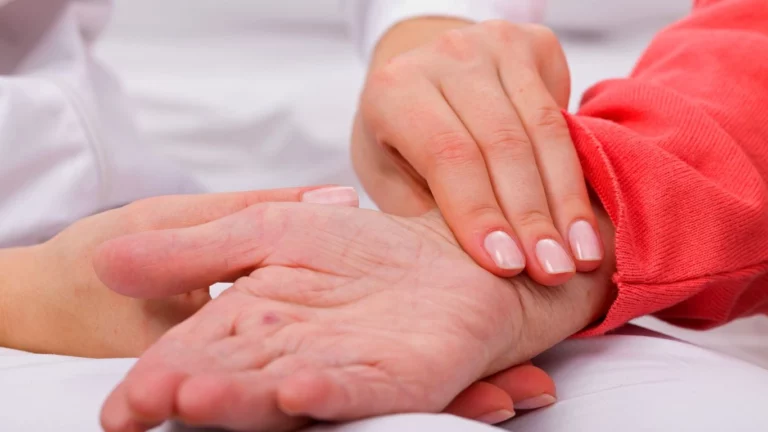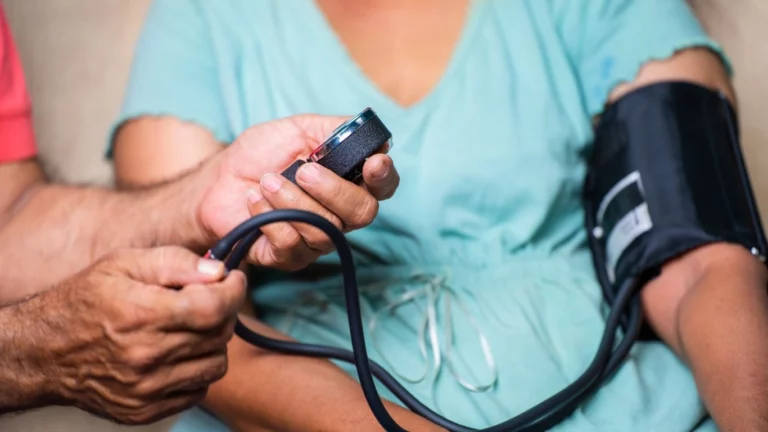Shocking Truth: Can Cold Weather Raise Blood Pressure Dangerously?
As a physician who’s spent over a decade treating patients with high blood pressure, I’ve noticed something curious that comes up every winter: a spike in blood pressure readings. Patients often ask me, “Can cold weather raise blood pressure?”—and the answer is yes, it absolutely can. And not just a little bit. For some folks, it’s enough to tip them from controlled to uncontrolled hypertension. It’s one of those subtle but important seasonal changes I always keep an eye out for when managing my patients during the colder months.
How Cold Weather Affects Your Blood Pressure

Cold temperatures trigger a chain reaction in the body. When it’s chilly outside, your blood vessels narrow—this process is called vasoconstriction. It’s your body’s way of conserving heat, but there’s a catch: it also makes your heart work harder to push blood through those tighter vessels, which can increase your blood pressure.
I’ve seen this play out countless times in clinic. Someone who’s been stable on their meds all summer suddenly has elevated readings. It’s not always about diet or stress—it’s often the thermometer.
Why Does This Matter More As We Age?
Older adults tend to be more sensitive to changes in temperature. Our blood vessels become less flexible over time, which means they don’t respond as well to the cold. For my elderly patients, especially those already managing chronic conditions like diabetes or kidney disease, this seasonal bump in BP can be risky. We’re talking increased risk of stroke, heart attack, and other cardiovascular events.
Not Just About the Cold
It’s not only the temperature that plays a role. Winter comes with lifestyle shifts that can further impact blood pressure:
- Less physical activity: People tend to move less during cold months.
- Heavier meals: Holiday eating habits can sneak in extra sodium and calories.
- Stress & Seasonal Affective Disorder: Mental health takes a hit for some, and that can influence BP too.
I’ve had more than one patient come in after the holidays with their blood pressure creeping up, feeling confused because they’re still on the same medication. But when we unpack their routine, it’s clear—less walking, more comfort food, and a little winter stress equals a perfect recipe for trouble.
Can Cold Weather Raise Blood Pressure? Here’s the Science
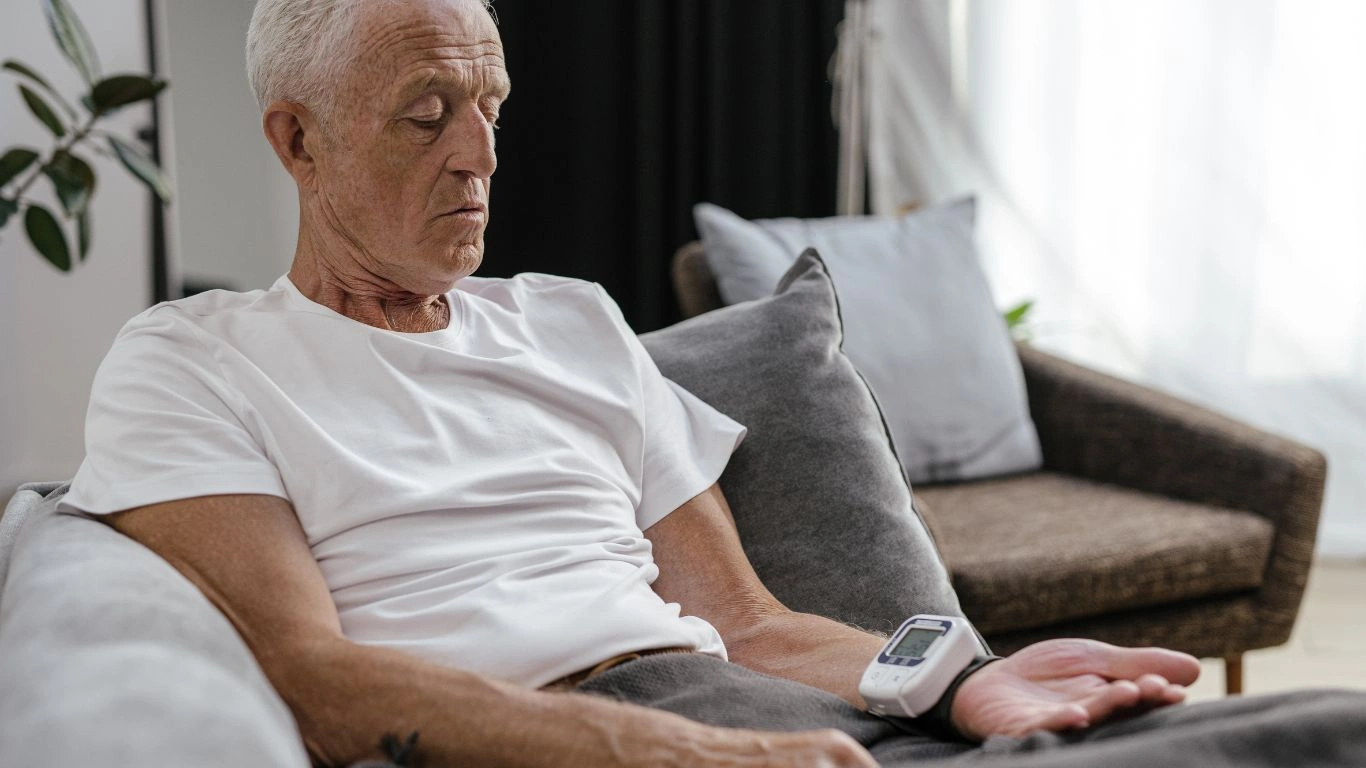
Several studies have confirmed what clinicians like me see all the time. Research shows that blood pressure tends to rise in the winter and fall during warmer months. One study out of Harvard found systolic pressure could increase by as much as 5 points or more in colder weather. That might not sound like a lot, but it’s enough to move someone from the safe zone into a riskier category.
Interestingly, this seasonal variation is more pronounced in people who are already hypertensive. If you’re already on the edge, the cold can push you over.
Environmental Factors That Play a Role
It’s not just the cold air hitting your skin. Here are a few more subtle contributors:
- Indoor Heating: It can dehydrate you, making your blood thicker and harder to pump.
- Dry Air: Less humidity means more water loss through breathing and skin, again affecting blood volume.
- Shorter Days: Less sunlight can impact vitamin D levels and mood, both linked to blood pressure regulation.
All of these factors create a perfect storm. From a practical perspective, I often tweak medication doses or give reminders around lifestyle during winter follow-ups. It’s all about staying ahead of the game.
Tips to Manage Blood Pressure in Cold Weather
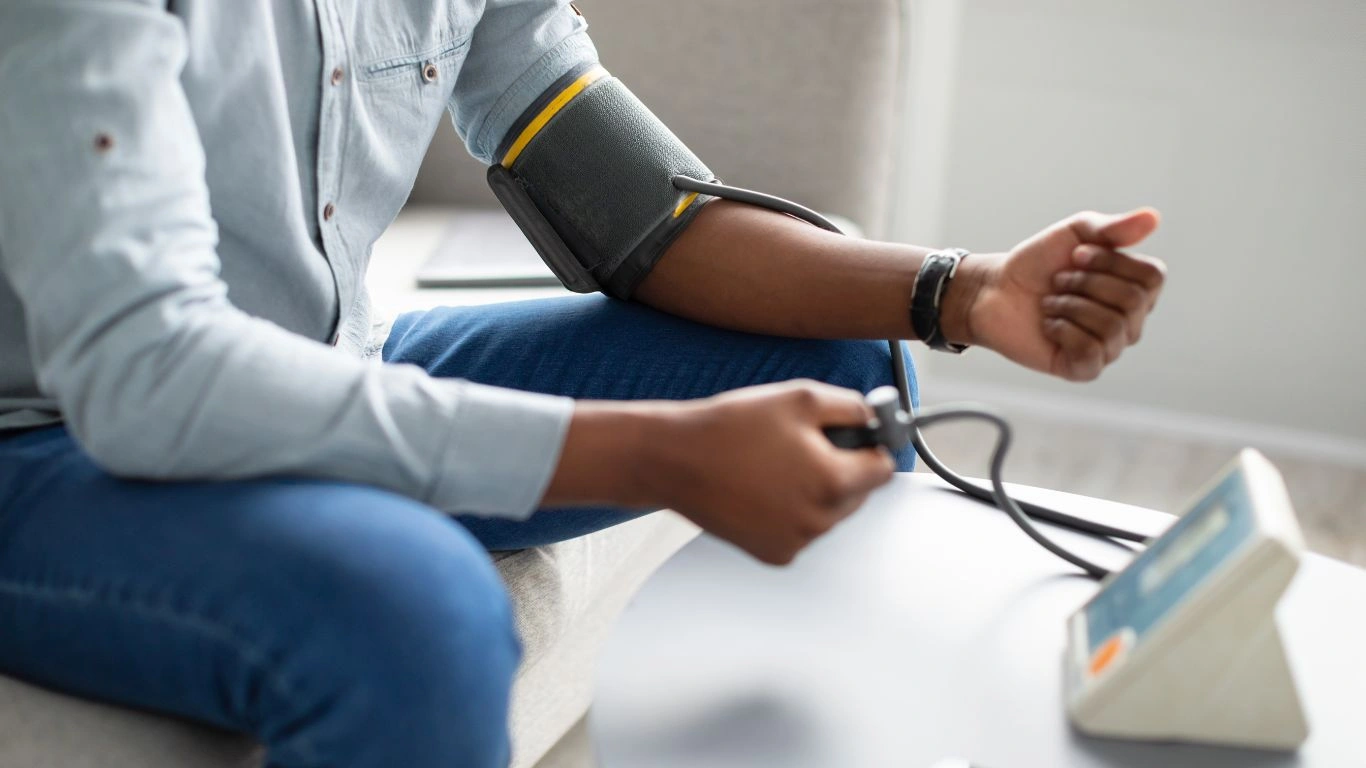
So, what can you do? Well, first, be aware that this seasonal shift is real. That awareness alone puts you ahead. Second, talk to your doctor—especially if you notice a change in your home BP readings or how you’re feeling overall.
- Keep warm – Dress in layers, wear gloves and hats when going out, and don’t let your home get too cold.
- Stay active – Even indoor walking or stretching can make a big difference.
- Watch your salt – Comfort foods are sneaky. Keep an eye on sodium labels.
- Hydrate – You may not feel thirsty, but your body still needs water in the winter.
- Monitor your BP regularly – Keep a home monitor and check it consistently.
Trust me, winter doesn’t have to mean losing control of your blood pressure. With a little attention and care, you can skate through the season without any surprises.
When to Be Concerned About Cold-Weather Blood Pressure Spikes

Now, not everyone needs to panic when the temperature drops, but there are definitely situations where I’d recommend being a bit more watchful. As someone who manages hundreds of hypertension cases every year, I’ve seen how cold-induced blood pressure changes can sneak up on folks who thought they were in the clear.
If you’re someone who already has Stage 1 or 2 hypertension, or if you have a history of cardiovascular disease, that winter bump in blood pressure isn’t just a number—it could mean the difference between staying healthy or winding up in the ER. I’ve had patients with stable readings all year come in with dizziness, chest tightness, or headaches once the thermostat dips. These symptoms shouldn’t be ignored.
Red Flags I Tell My Patients to Watch For
- Sudden spikes in home BP readings – If you’re consistently seeing numbers higher than usual, even if you feel okay, check in with your doctor.
- Unusual fatigue or shortness of breath – These can be subtle signs of your heart working overtime.
- Headaches that don’t go away – Especially if they feel different from your usual ones.
- Chest discomfort or palpitations – Never brush these off. Cold weather might be triggering something serious.
One winter, I had a patient in his mid-60s who brushed off mild chest pain after shoveling snow. Turns out his blood pressure had skyrocketed, and he ended up needing a stent. Don’t be that guy—listen to your body.
Who’s at Higher Risk When It Gets Cold?
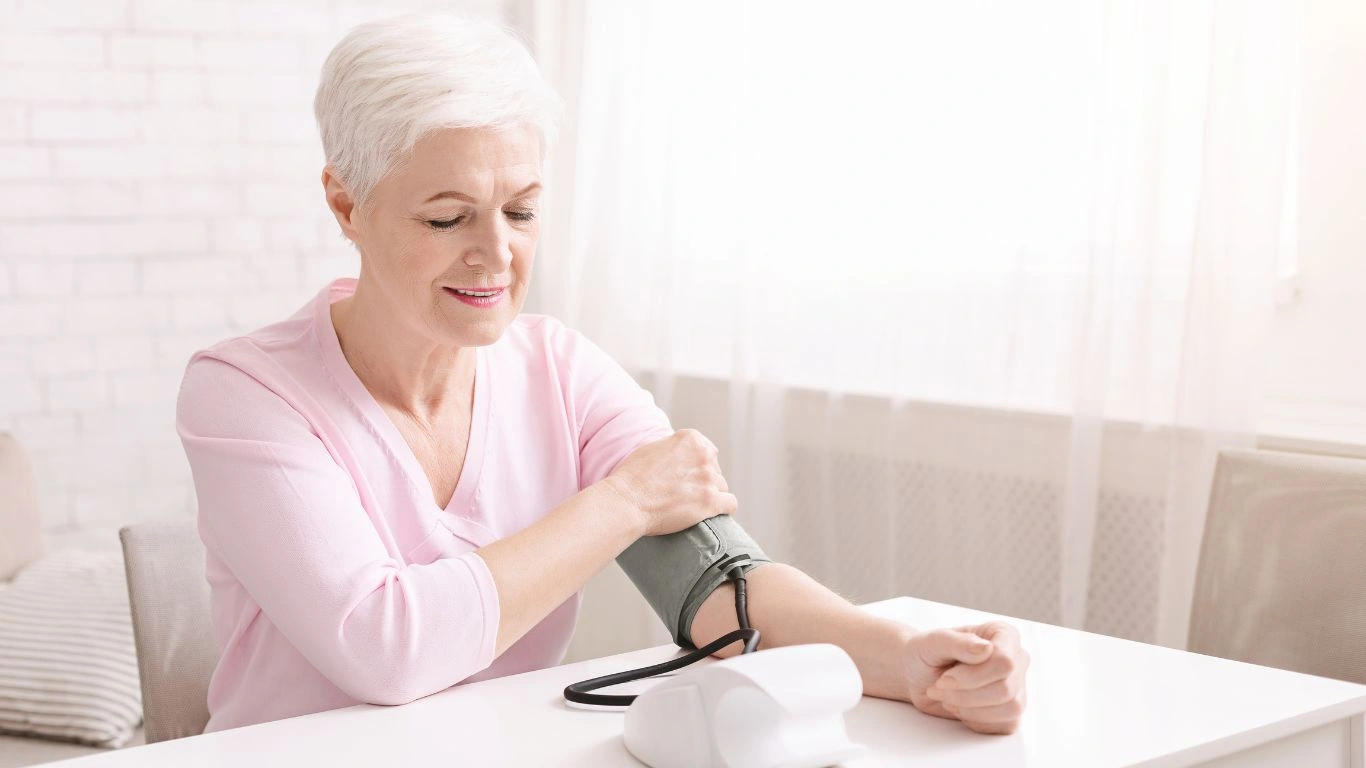
We’ve touched on this a bit already, but let me break it down further. Certain groups need to be especially cautious about cold-weather blood pressure increases. As a physician, these are the folks I keep a closer eye on as the seasons change:
- Older adults (over 60) – Blood vessels naturally become stiffer with age, making them more prone to pressure changes.
- People with chronic kidney disease – Their ability to regulate blood pressure is already compromised.
- Anyone with existing heart disease – Cold weather can place extra strain on an already taxed cardiovascular system.
- People with diabetes – Diabetes affects circulation and vascular responsiveness, worsening cold-related BP increases.
Honestly, even if you’re not in one of those groups, winter is still not the time to get sloppy with your self-care. I always tell my patients: blood pressure doesn’t take a snow day.
Can Cold Weather Raise Blood Pressure Indoors Too?
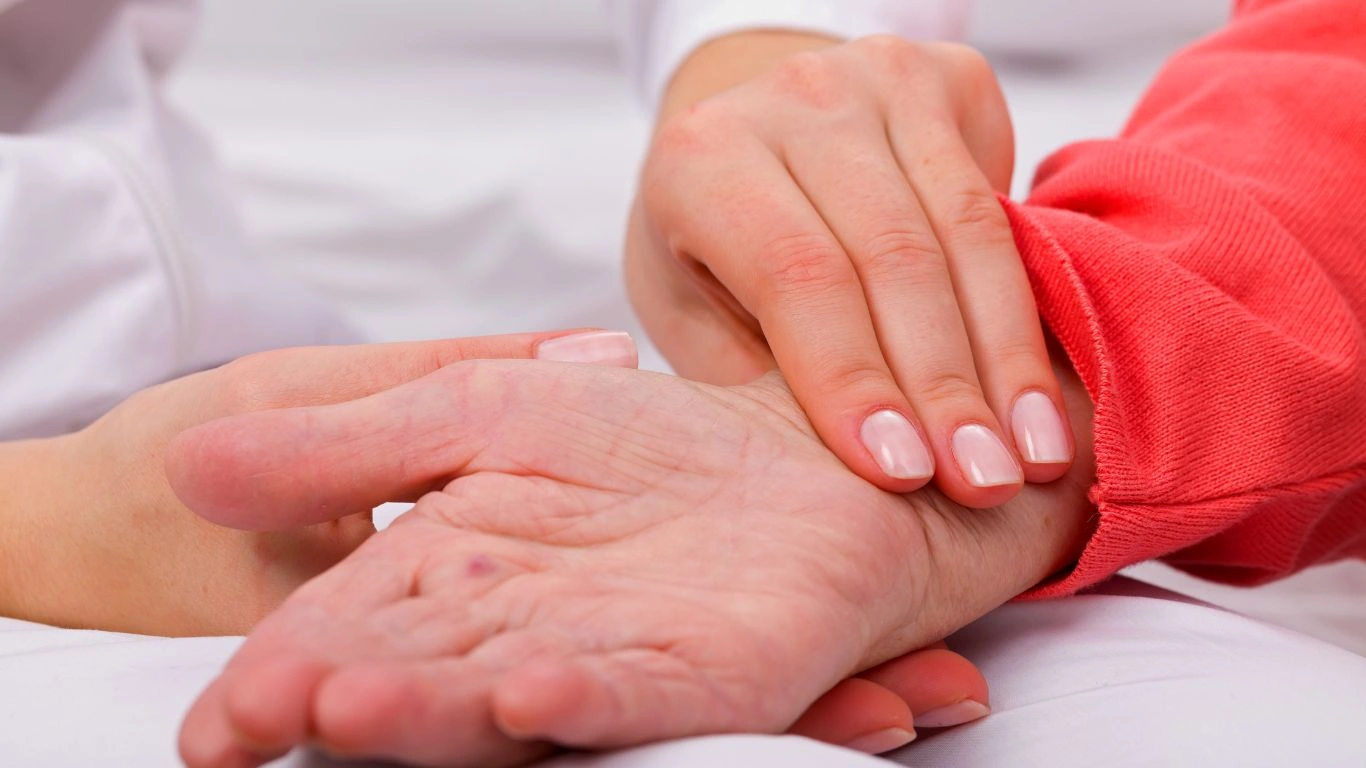
You might assume that as long as you stay indoors, you’re out of the woods. But here’s the kicker—indoor environments can also contribute to elevated blood pressure, especially if you’re sitting in dry, heated air without staying hydrated or moving much.
I’ve had patients tell me, “But I didn’t even go outside today!” And then we look at their home routine: bundled up on the couch under a blanket, sipping salty soup, not moving for hours. Sound familiar?
In those kinds of setups, here’s what I tell people to watch out for:
- Stay hydrated – You may not feel thirsty, but indoor heating dehydrates just like summer heat does.
- Stretch and move every couple hours – Even a walk around the house or light yoga can help keep blood pressure from creeping up.
- Use a humidifier – It helps balance the dry air and reduces vascular strain.
Home Monitoring Becomes Your Best Friend
If there’s one tool I recommend to every patient dealing with hypertension, it’s a reliable home blood pressure monitor. Especially in the winter. That little device helps you spot trends early, way before symptoms show up. I even keep one in my kitchen—I like to check my own BP after coffee (yes, even doctors need reminders to behave sometimes).
Just make sure you’re using it right:
- Sit in a chair with back support.
- Feet flat on the floor, not crossed.
- Rest quietly for 5 minutes before measuring.
- Keep the cuff at heart level.
And if you’re ever unsure what those numbers mean or whether to adjust meds? That’s what your doctor’s there for. Don’t try to DIY your dosage based on one high reading—I’ve seen that go sideways more than once.
Other Seasonal Triggers That Can Sneak Up on Your BP

Let’s not forget the subtle stuff. Cold weather brings lifestyle changes that don’t always feel obvious but can slowly raise your blood pressure:
- More caffeine – Hot coffee is comforting, but it’s easy to overdo it in winter.
- Heavier meals – Rich foods, holiday treats, all that salt… it adds up.
- Skipped meds – Travel, busy schedules, and a bit of forgetfulness during holidays can cause people to miss doses.
- Seasonal affective disorder (SAD) – Depression and anxiety during darker months can contribute to hypertension.
I make it a point to remind my patients around November to refill their prescriptions early, plan for travel, and stay consistent even when life gets busy. Trust me, the best gift you can give yourself over the holidays is steady blood pressure.
How to Winter-Proof Your Blood Pressure Routine

By now, you probably get the picture—yes, cold weather can raise blood pressure, and it does so in more ways than most people realize. The good news? You’re not helpless against it. As someone who’s guided hundreds of patients through winter without blood pressure surprises, I can confidently say that with the right plan, you can keep things under control.
So, what should your game plan look like? Well, it starts with a little extra awareness and a few tweaks to your daily routine. Here’s what I recommend to patients when those temps start to drop:
Your Winter BP Game Plan
- Bundle up—every time. Don’t underestimate quick dashes to the mailbox or car. Cold air exposure can cause abrupt spikes.
- Stick to your meds. Even if you feel “fine,” winter is not the time to experiment with skipping doses.
- Exercise indoors. Whether it’s walking around the living room or a YouTube workout, staying active helps regulate BP year-round.
- Eat mindfully. Salt creeps into winter comfort foods. I always say, “Just because it’s homemade doesn’t mean it’s low sodium.”
- Track your readings. Ideally, take them around the same time each day, and jot them down—or better yet, use a digital BP app to track trends.
One patient of mine started doing light chair yoga during her favorite TV show each night. Her blood pressure dropped 10 points over the winter months. Small efforts really add up.
Does Cold Weather Affect Everyone’s Blood Pressure the Same Way?

That’s a great question—and the short answer is, not exactly. While most people do experience some level of change, the extent of the impact varies widely. I’ve seen patients whose BP barely budges in winter, and others who go from controlled to “we need to talk” status in just a few weeks.
Some of that comes down to genetics, some to lifestyle, and a big chunk comes down to pre-existing conditions. Here’s a quick breakdown:
- Genetics – Some people have more reactive blood vessels. It’s not fair, but it’s real.
- Medication adherence – Those who skip doses or don’t follow up with their doctor during winter often see bigger fluctuations.
- Stress levels – Holiday financial worries, family drama, even gloomy weather can sneakily raise your BP.
I always remind folks that managing blood pressure isn’t about perfection—it’s about being proactive. If you notice trends, don’t wait. Check in with your healthcare provider. Trust me, we’d much rather adjust your meds slightly than deal with a preventable ER visit.
Frequently Asked Questions About Winter and Hypertension
“How much can cold weather raise blood pressure?”
It depends, but it’s not unusual for systolic (top number) to jump 5–10 points in colder months. That might sound small, but over time, it adds up—especially if you’re already borderline hypertensive.
“Should I adjust my medication during winter?”
Not on your own. However, if your readings consistently trend upward, your doctor might recommend a temporary adjustment. I’ve done this plenty of times for patients, then returned to their usual dose in spring.
“Are there certain times of day when winter BP is worse?”
Morning hours tend to show higher readings, especially right after getting out of bed into a cold environment. That’s why it’s crucial to warm up gradually and avoid rushing around first thing.
“Can cold showers raise blood pressure too?”
Absolutely. The sudden shock of cold water can spike BP temporarily. If you’re sensitive to cold, skip the cold plunges and opt for lukewarm instead.
References
- American Heart Association
- Centers for Disease Control and Prevention
- Mayo Clinic
- American Gastroenterological Association
- National Institutes of Health
These sources offer trustworthy, evidence-based insights that back what I see in clinical practice every winter. I always encourage my patients to read up and bring their questions—education is half the battle when it comes to managing a chronic condition like hypertension.
Disclaimer
This article is for informational purposes only and is not a substitute for professional medical advice, diagnosis, or treatment. Always seek the guidance of your physician or qualified health provider with any questions you may have regarding a medical condition.

Dr. Gwenna Aazee is a board-certified Internal Medicine Physician with a special focus on hypertension management, chronic disease prevention, and patient education. With years of experience in both clinical practice and medical writing, she’s passionate about turning evidence-based medicine into accessible, actionable advice. Through her work at Healthusias.com, Dr. Aazee empowers readers to take charge of their health with confidence and clarity. Off the clock, she enjoys deep dives into nutrition research, long walks with her rescue pup, and simplifying medical jargon one article at a time.

